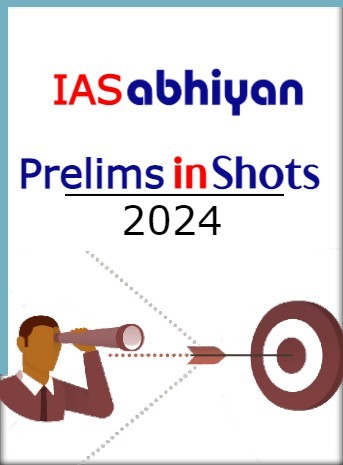PM CARES Fund:
The Prime Minister’s Citizen Assistance and Relief in Emergency Situations Fund, or the PM CARES Fund, was set up to tackle distress situations such as that posed by the COVID-19 pandemic.
Who may contribute to the fund?
- The fund receives voluntary contributions from individuals and organisations and does not get any budgetary support.
- Donations have been made tax-exempt, and can be counted against a company’s corporate social responsibility (CSR) obligations.
- It is also exempt from the Foreign Contribution (Regulation) Act, 2010, and accepts foreign contributions, although the Centre has previously refused foreign aid to deal with disasters such as the Kerala floods.
- The Prime Minister chairs the fund in his official capacity, and can nominate three eminent persons in relevant fields to the Board of Trustees.
- The Ministers of Defence, Home Affairs and Finance are ex-officio Trustees of the Fund.
Prime Minister’s National Relief Fund (PMNRF):
- The Prime Minister’s National Relief Fund (PMNRF) was set up in January 1948, originally to accept public contributions for the assistance of Partition refugees.
- It is now used to provide immediate relief to the families of those killed in natural calamities and the victims of major accidents and riots and support medical expenses for acid attack victims and others.
- The PMNRF was originally managed by a committee which included the Prime Minister and his deputy, the Finance Minister, the Congress President, a representative of the Tata Trustees and an industry representative.
- However, in 1985, the committee entrusted the entire management of the fund to the Prime Minister, who currently has sole discretion for fund disbursal.
- A joint secretary in the PMO administers the fund on an honorary basis.
- States also have similar Chief Minister’s Relief Funds
What are some of the other concerns around it?
- It is not clear whether the fund comes under the ambit of the RTI Act or oversight by the Comptroller and Auditor General of India, although independent auditors will audit the fund.
- One RTI query to the PMO by activist Vikrant Tongad was refused, citing a Supreme Court observation that “indiscriminate and impractical demands under RTI Act for disclosure of all and sundry information would be counterproductive”, while other RTI queries have not received a response even after the statutory 30-day period.
- The PM CARES web page is opaque regarding the amount of money collected, names of donors, the expenditure of the fund so far, or names of beneficiaries.
- The PMNRF provides annual donation and expenditure information without any detailed break-up.
- The PM CARES Fund’s trust deed is not available for public scrutiny.
Source: The Hindu

